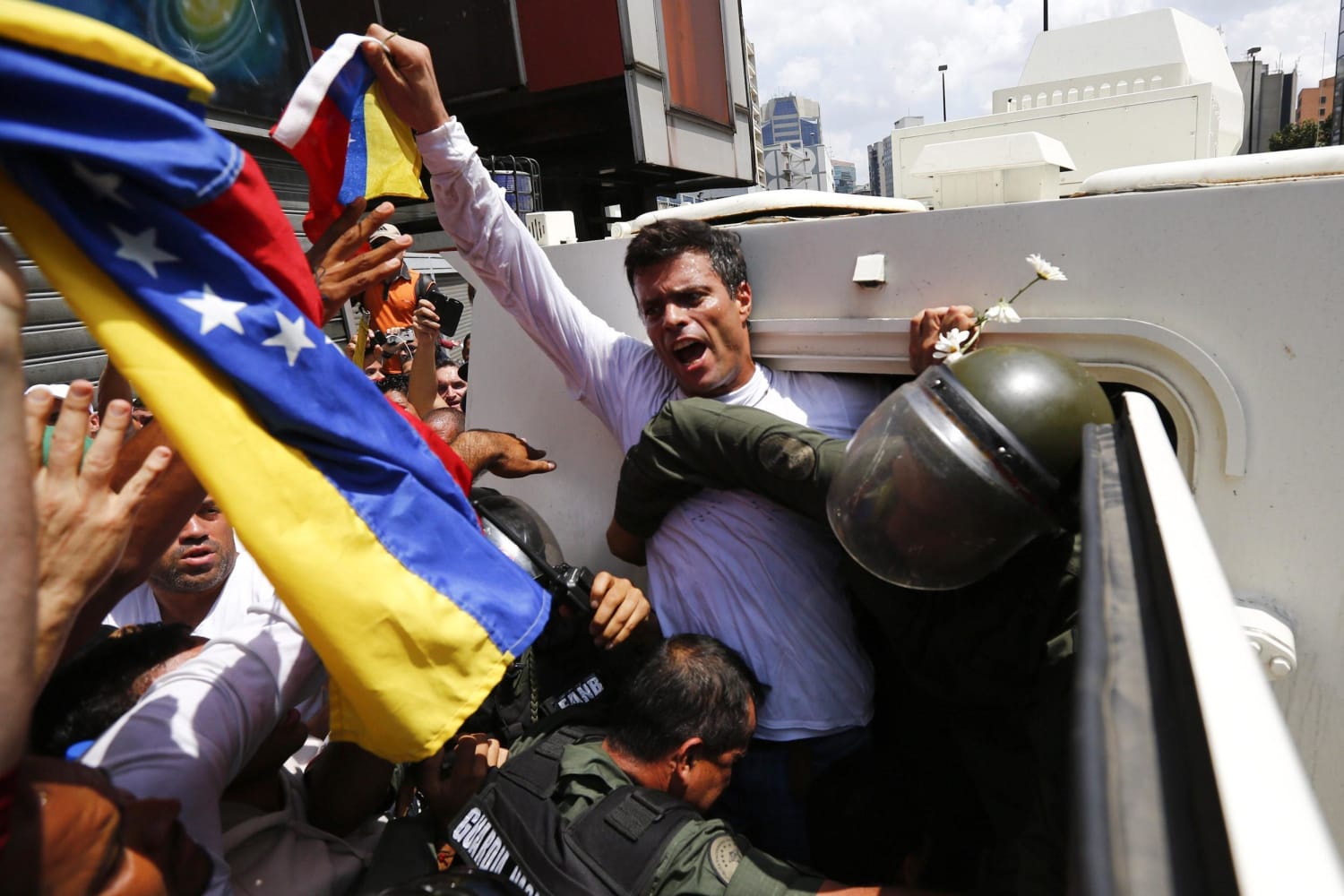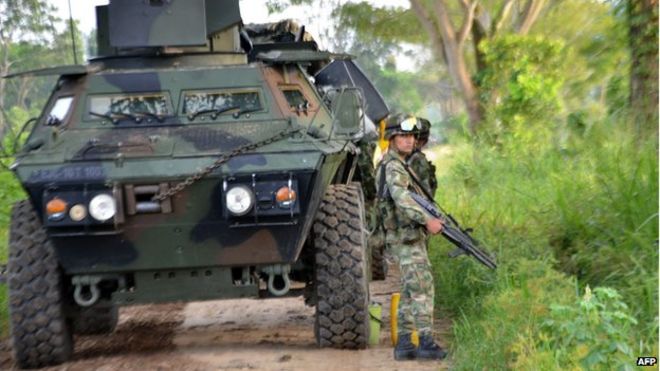By Max Bartels
Impunity Watch Reporter, The Middle East
Damascus, Syria
It has been four years since the conflict in Syria began with President al-Assad’s forces firing on protestors in March of 2011, since then 310,000 people have been killed in the constant fighting. The number of people killed during the conflict has been growing exponentially each year since the beginning of the conflict, according to Syrian Observatory for Human Rights. The number of people killed last year totaled at 162, 402 and the year before that the United Nations tallied the death toll at 70,000. According to the Syrian Observatory for Human Rights about 1% to 1.3% of the total population of Syria has been killed since the conflict began. The yearly tallies tend to show the conflict is intensifying. The increase in the yearly death toll rate is particularly troubling while the United Nations is reporting a cut for the funding of continued food ration aid because of a lack of donations. In addition, The World Food Programme reported that they must cut the size of their food ration aid by 30% due to the lack of funding and donations. Medical aid is also a serious issue, the United Nation reported an estimated 12.2 million Syrians are in need of urgent life saving aid.

The scope of the crises in Syria has expanded far beyond Syrian borders and into neighboring countries. The United Nations reported an estimated 7.6 million Syrians have been driven from their homes due to the fighting. The displacement of Syrians has created a humanitarian crisis for surrounding nations taking in those refugees. Turkey has taken in 1.7 million Syrian refugees while 1.2 have fled to Lebanon, 625,000 to Jordan and 245,000 to Iraq. In total the fighting has dispersed an estimated 4 million Syrian civilians.
The newest concern in the Syrian conflict is the situation in the Yarmouk Palestinian refugee camp. Last week ISIS moved into the camp and aid was cut off to an estimated 18,000 inhabitants of the camp. Cutting off the flow of food and medical aid to the camp proved to have severe consequences. Since the start of the ISIS occupation an estimated 166 children have starved to death, according to the Geneva based group– Friends of Humanity. The group accuses the Assad regime of cutting off aid to the camp, blocking aid in order to flush out opposition fighters in the camp. The people of Yarmouk camp are caught between the Assad’s forces, ISIS and various other opposition groups fighting for control of the camp that strategically placed just outside of Damascus.
For more information, please see:
The Toronto Star — Refugee Camp Captures the Horror of Syria — 6 April, 2015

